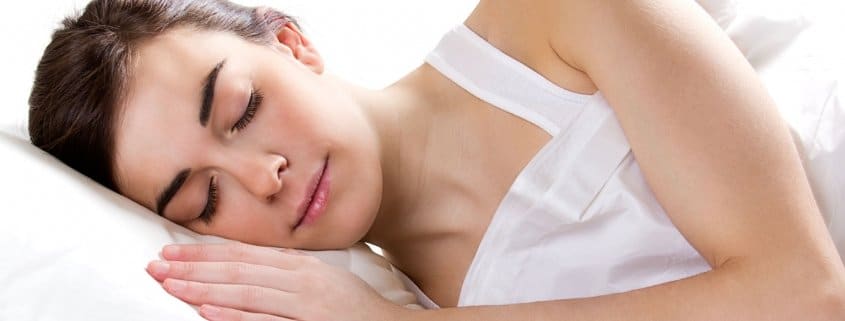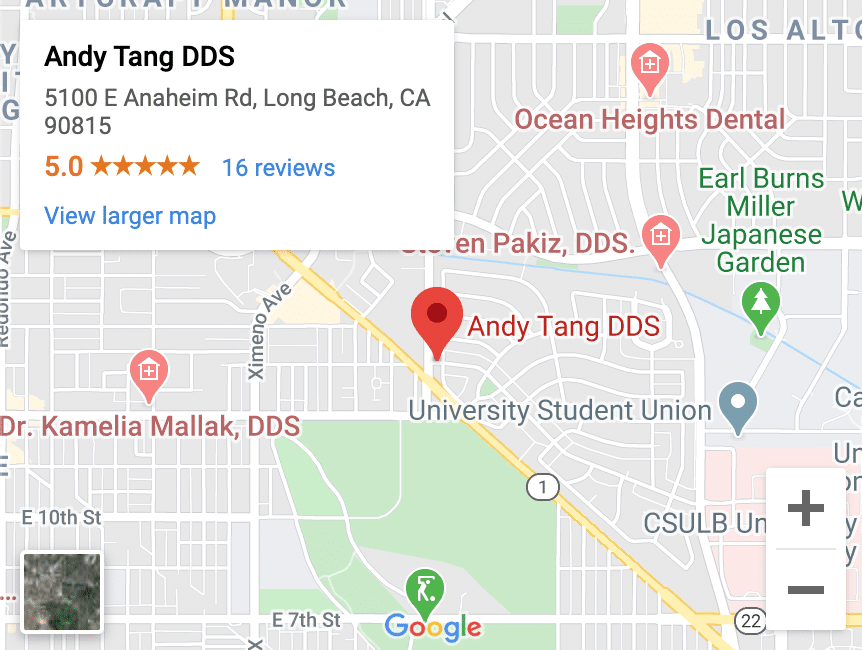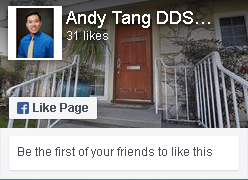How Do You Know If You Need to Sleep with a Nightguard?
Taking good care of your teeth is all about regular dental checkups and good oral hygiene, but even if you do all of this, there could be another issue affecting the health of your teeth: bruxism. Some patients inadvertently cause damage to their teeth while they sleep and should wear a nightguard to protect their smile at night. As much as 8 percent of adults grind their teeth at night, and about one-third of parents suspect bruxism is a problem for their children. Here are a few signs you may need to sleep with a nightguard.
1. Your back teeth have a flattened appearance.
When you grind your teeth together repeatedly, it can wear down the natural serrated points the teeth have to help you chew. Over time, your back teeth especially can take on a flattened appearance. However, you may also notice changes in your front teeth as well. These changes are partially how dentists diagnose a patient with bruxism and determine they should be wearing a mouthguard.
2. You wake up with your mouth, teeth, or jaws feeling sore.
People who grind their teeth tend to do so quite a bit throughout the night. So much grinding can take place that it can make your mouth, teeth, or jaws feel sore when you wake in the morning; almost like you have spent all night chewing something tough. Pay close attention to odd aches and pains and speak to your dentist if anything feels out of the ordinary.
3. You have sustained dental damage and don’t know how it happened.
Perhaps you have discovered you have a cracked or chipped tooth and you have no idea how the damage occurred. It is not uncommon for people who discover damage to their teeth that is unfounded to find out they have issues with bruxism when they visit the dentist. Take the time to give your teeth a good visual exam if you suspect you are grinding your teeth at night, and get to the dentist immediately if anything seems off.
Grinding your teeth may seem like an odd and quirky thing to do, but it is far more than just something you do at night while you sleep. Bruxism can cause severe dental damages. If you believe you need to be sleeping with a mouthguard, reach out to us at the office of Andy Tang DDS for an appointment.






Leave a Reply
Want to join the discussion?Feel free to contribute!